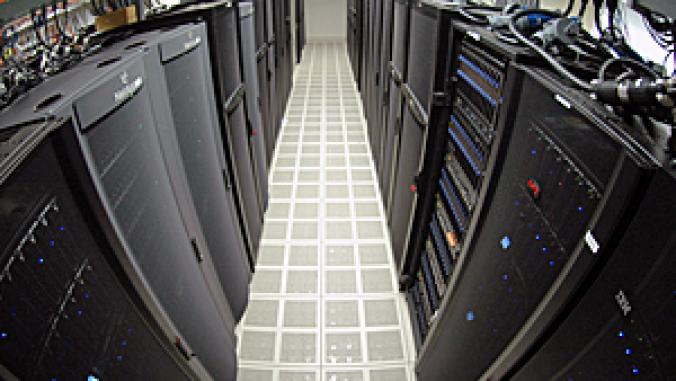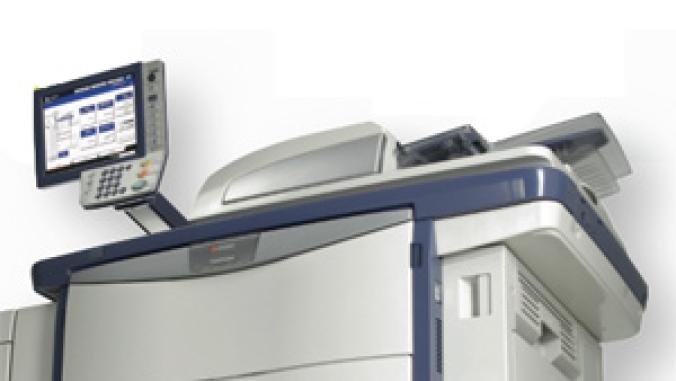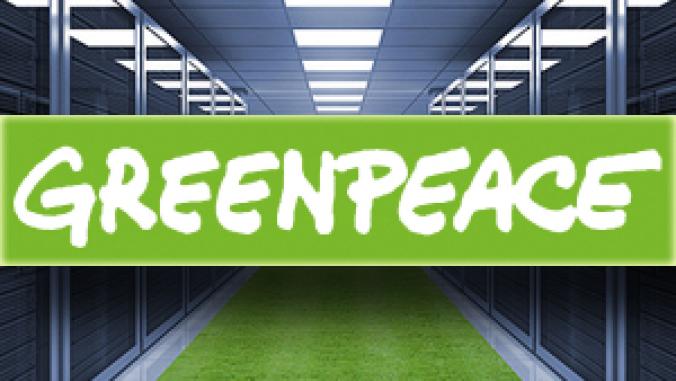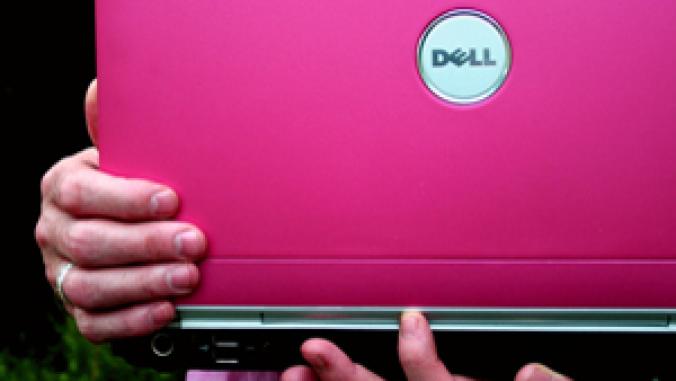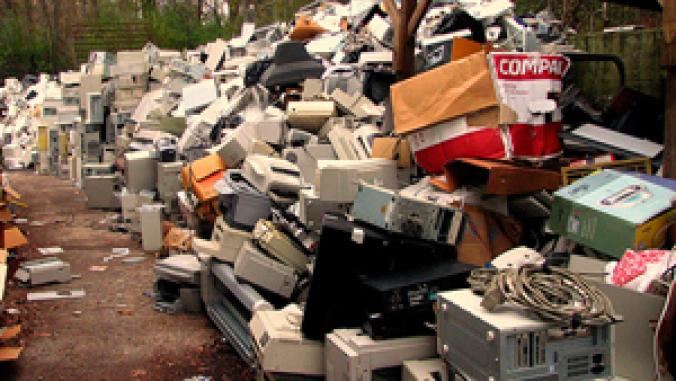Apple and HP, India and U.S. Among Leaders of Green IT Movement: Survey
Looking at marketing, perceptions and adoption of energy-efficient IT products around the globe shows distinct movements in what motivates companies and countries to purchase green IT, as well as how some have succeeded in branding themselves as green while others struggle.
It is telling, perhaps, that Google, a company that markets no green IT products and is well known for its voracious energy and materials appetite, ranks in the top ten of a recent survey looking at IT buyers' perceptions of green technology companies.
The survey is part of the first-ever GreenFactor study, which looks at the state of green IT in enterprises around the globe and identifies trends from the consumer, marketing and procurement angles that are driving the growth of green IT.
Although Google is a notable anomaly in the survey results for greenest brands, the report's authors note that the top seven companies named by respondents are in a virtual tie for first place -- as a result, there is not one clear green leader, and the market is open to all comers.
Responses by country also vary significantly: India leads the world in IT decision-makers that place a high value on purchasing the most environmentally beneficial products possible, while nearly one-quarter of German respondents said that buying those products had no real impact on the environment.
The vast range of responses underline the challenges facing the still-developing green IT market. One notable positive result from the study, however, is that more than 70 percent of the respondents said they would probably or definitely place a higher emphasis on buying green, as long as the benefits to the environment and the financial bottom line were proven.
All in all, a perceived cost barrier or premium to buying more energy efficient products remains the biggest obstacle to more widespread adoption. The report urges marketers to better emphasize the reduction in total cost of ownership in considering the green messages for new and existing products.
Among the companies that have succeeded thus far in their green marketing strategies are Apple, HP, Microsoft, IBM, Intel, Sony and Dell. Those seven businesses were cited as the ones most associated with green technologies. Although four companies -- SAP, Alcatel-Lucent, Nortel and EMC -- lagged globally on their green perception, it's important to note that regional differences play up just how indeterminate these results are. Although HP, Dell, IBM and Apple were top-ranked in the U.S., U.K. respondents ranked Apple, Dell and Sony as the greenest, and in Japan the local manufacturers were, perhaps unsurprisingly, ranked highest: Fujitsu, Sony, Toshiba and NEC far outstripped the competition in that country.
Given the vast majority of respondents' answers, however, it looks like the next year will see a boom in purchases of most green hardware, though not all: the survey found 74 percent of purchasers saying they were probably or definitely going to seek out green versions of laptops, and 72 percent would do so for desktop computers. Servers, storage and network hardware all clocked in at around 63 percent of respondents looking to purchase green products in those lines next year.
Finally, the results of the study show distinct differences in openness to green products depending on where in the company a respondent sits. CIOs, at 48 percent, were by far the most likely to say they were definitely going to increase their green IT purchases; only 39 percent of all other c-suite positions said the same thing, while IT managers and business managers hovered around 37 percent willingness to buy green hardware products.
Full details and more information about the GreenFactor study is online at GreenFactorStudy.com.
The survey is part of the first-ever GreenFactor study, which looks at the state of green IT in enterprises around the globe and identifies trends from the consumer, marketing and procurement angles that are driving the growth of green IT.
Although Google is a notable anomaly in the survey results for greenest brands, the report's authors note that the top seven companies named by respondents are in a virtual tie for first place -- as a result, there is not one clear green leader, and the market is open to all comers.
Responses by country also vary significantly: India leads the world in IT decision-makers that place a high value on purchasing the most environmentally beneficial products possible, while nearly one-quarter of German respondents said that buying those products had no real impact on the environment.
The vast range of responses underline the challenges facing the still-developing green IT market. One notable positive result from the study, however, is that more than 70 percent of the respondents said they would probably or definitely place a higher emphasis on buying green, as long as the benefits to the environment and the financial bottom line were proven.
All in all, a perceived cost barrier or premium to buying more energy efficient products remains the biggest obstacle to more widespread adoption. The report urges marketers to better emphasize the reduction in total cost of ownership in considering the green messages for new and existing products.
Among the companies that have succeeded thus far in their green marketing strategies are Apple, HP, Microsoft, IBM, Intel, Sony and Dell. Those seven businesses were cited as the ones most associated with green technologies. Although four companies -- SAP, Alcatel-Lucent, Nortel and EMC -- lagged globally on their green perception, it's important to note that regional differences play up just how indeterminate these results are. Although HP, Dell, IBM and Apple were top-ranked in the U.S., U.K. respondents ranked Apple, Dell and Sony as the greenest, and in Japan the local manufacturers were, perhaps unsurprisingly, ranked highest: Fujitsu, Sony, Toshiba and NEC far outstripped the competition in that country.
Given the vast majority of respondents' answers, however, it looks like the next year will see a boom in purchases of most green hardware, though not all: the survey found 74 percent of purchasers saying they were probably or definitely going to seek out green versions of laptops, and 72 percent would do so for desktop computers. Servers, storage and network hardware all clocked in at around 63 percent of respondents looking to purchase green products in those lines next year.
Finally, the results of the study show distinct differences in openness to green products depending on where in the company a respondent sits. CIOs, at 48 percent, were by far the most likely to say they were definitely going to increase their green IT purchases; only 39 percent of all other c-suite positions said the same thing, while IT managers and business managers hovered around 37 percent willingness to buy green hardware products.
Full details and more information about the GreenFactor study is online at GreenFactorStudy.com.
